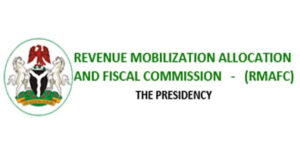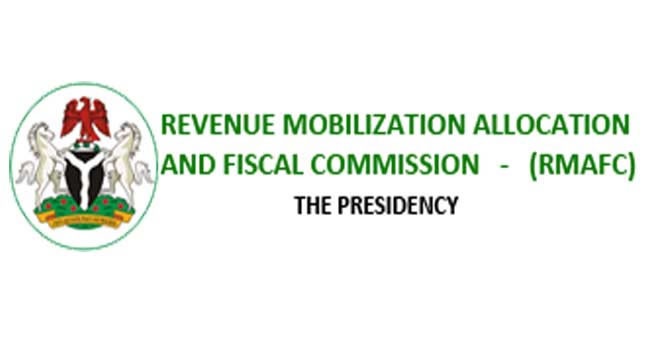The Revenue Mobilisation Allocation and Fiscal Commission (RMAFC) has raised concerns about Nigeria’s high cost of governance, noting that it ranks among the highest in Sub-Saharan Africa and significantly hampers government’s ability to address critical developmental needs.
RMAFC Chairman Muhammad Shehu Bello highlighted these issues over the weekend in Abuja, commending President Bola Tinubu’s recent directive to cut down the size of official convoys for ministers and chief executives as a strategic move toward lowering governance costs.
Shehu stated, “Nigeria’s cost of governance is among the highest in Sub-Saharan Africa, which has significantly hindered the government’s ability to fulfill its primary responsibilities, such as infrastructural development, providing quality healthcare, and improving educational standards.”
He urged state governments to adopt similar measures and reduce the number of political appointees, as outlined in RMAFC’s recommended remuneration package for public officials.
The commission has long advocated for a reduction in governance expenses, Shehu noted, recalling past RMAFC proposals to streamline unnecessary spending and focus government resources on projects that benefit the public.
According to Shehu, “The high cost of governance is due to an oversized bureaucracy, duplication of ministries, and rampant corruption.” He further emphasized the need for a robust, cost-effective management system to ensure Nigeria’s resources are utilized for the nation’s growth.

RMAFC spokesperson Maryam Umar Yusuf cited Shehu’s endorsement of the Orosanye report, which recommends restructuring Nigeria’s public sector to eliminate wasteful spending.
The report’s implementation, Shehu believes, would “effectively reduce the overbearing high cost of governance” and redirect funds towards essential public services and infrastructure.
The chairman also pointed to ongoing security challenges, infrastructure failures, and high levels of debt as factors exacerbating governance costs.
“No society can make meaningful progress,” Shehu noted, “unless it develops a competent and cost-effective management system capable of maximizing resources for all.”




